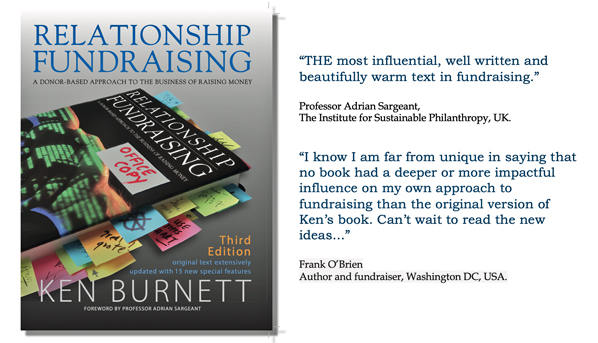|
Blog 9 March 2021 Britain’s political élite has of course strenuously resisted the temptation to learn from the far orient, or to adopt the quick and easy wins demonstrated by minor, far-off previous dependencies. Perish the thought... Honestly, that can’t be true, can it? I mean, fake news it must be, surely? Ultimately, one simple truth prevails. There’s a right way to do this job. And there are many wrong ways. Your task is to find and follow the right way...
You can order this book here. Please follow this link for reviews too.
|
These are tough and testing times. During the Covid-19 pandemic much has been made of the mental health impacts of repeated lockdowns upon all of us, not to mention the more obvious physical health risks that dominate this strange, disorienting phase in all our lives. Our scientists and health workers around the world have been magnificent, of course, though less so, or at least less consistently, our politicians. Throughout these dark days political leaders from various lands have inspired or depressed us in differing degrees. As a Brit not wishing to be disloyal, I have to resort to irony and blind optimism, to seek solace in the fact that despite getting everything else wrong while claiming otherwise, we have at least ordered large quantities of vaccine. Britain’s political élite has of course strenuously resisted the temptation to learn from the far orient, or to adopt the quick and easy wins demonstrated by minor, far-off previous dependencies. Perish the thought that our former satellites might teach us anything. As the UK’s Covid death toll looms close to the worst in the world, still, our politicians claim, Britain’s success is a beacon to the world. Could there possibly be lessons in this, for those of us still locked down? Have a look at how this is being portrayed by the siren voices of the Looney Left: Honestly, that can’t be true, can it? I mean, fake news it must be, surely? Well, if we can’t trust our leaders, who can we trust? It’s a good and timely question. Maybe more than ever we now need to fall back on our own resources, perhaps even to craft a new philosophy fit for radically changed times. I’m being ironic here, you’ll realise, but I don’t mean to be flippant. Because so many politicians have got away with so much distortion and disinformation for so long, and are getting away with regular porkies still, there’s an all-too-real danger that our charity sector leaders will ape the casual disregard for truth that’s so infected so many of today’s political élite, simply because they’ve seen they can get away with it. If the public will tolerate it from their politicians, surely they’ll also make allowances for their favourite causes, so we too can perpetrate similar distortions with equal impunity? That thinking, seen all too recently in the UK at the time of the Olive Cooke fiasco, would be simply catastrophic for our fragile, though indispensable, for-change sector. Continued willing giving by donors is founded on and depends upon trust, confidence, principles and a good supporter experience. So for campaigning fundraisers, one path to happiness would be to make sure nothing can ever get in the way of that.
Yet in these confusing times it’s so easy to be down and dispirited. To combat the looming gloom and turmoil, how can fundraisers cope? How can we become invulnerable to the slings and arrows that assail our daily lives in lockdown, as we brace ourselves for the new normal? Here I offer seven sure-fire routes to well-being that no amount of political double-talk can undermine. Continued top of column 2, above.
|
The seven rules, continued from the foot of column 1:
That’s probably enough to be going on with, for now. Ultimately, one simple truth prevails. There’s a right way to do this job. And there are many wrong ways. Your task is to find and follow the right way. Unsurprisingly, the full secrets of happiness and achievement for campaigning fundraisers are more complex and detailed than can be usefully contained in any short list of seven. So, at the time of writing I was poised to bring out a new book about fundraising, called The Essence of Campaigning Fundraising in 52 Exhibits and 199 Weblinks. It’s about what’s worthwhile in our unique field of business: happiness, fulfilment, purpose, meaning and the joys of working in one of this world’s most rewarding and useful jobs. Do read it please, and the third and final edition of my best-known book, Relationship Fundraising. See link below. Meanwhile, be happy. It’s part of being a good fundraiser. © Ken Burnett 2021 This article originally appeared in the Fundraising Institute of New Zealand’s magazine. Most read blogs | Current blogs | Article archive
|
||






